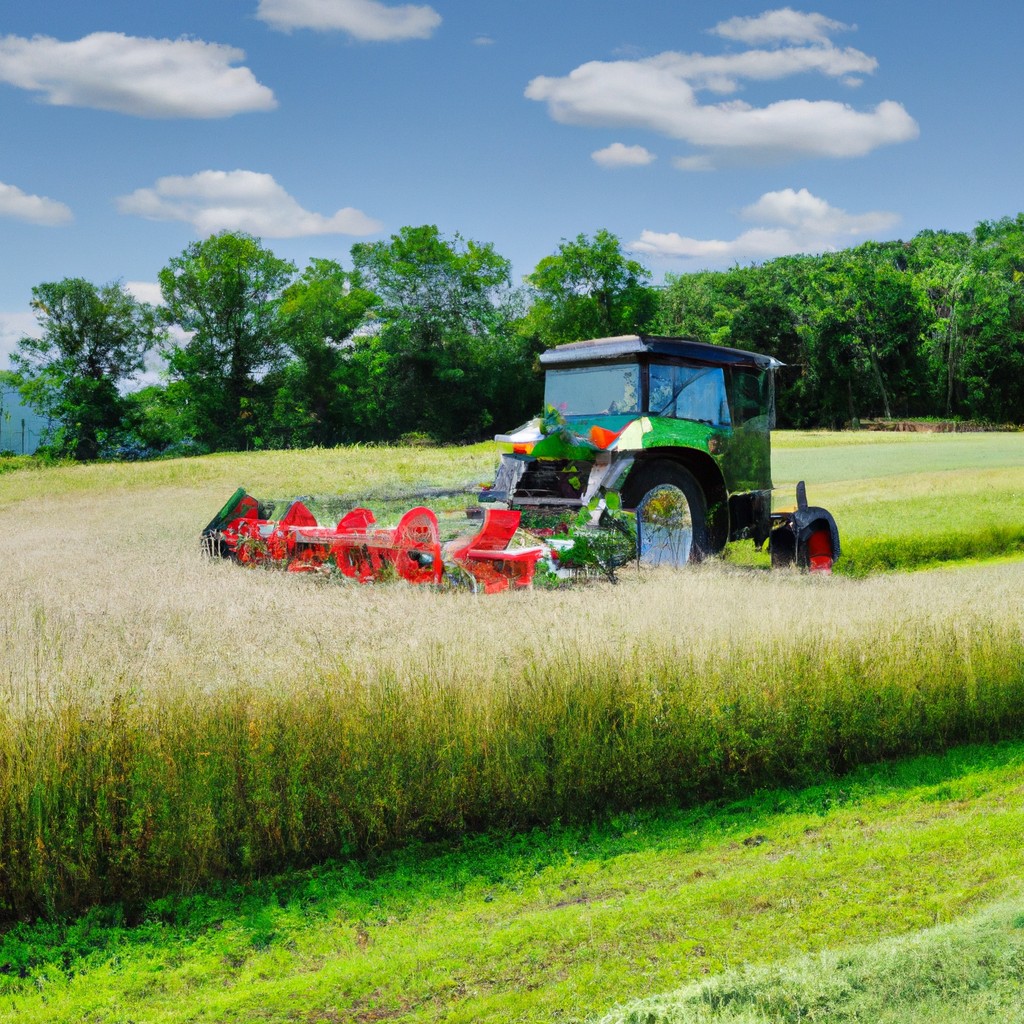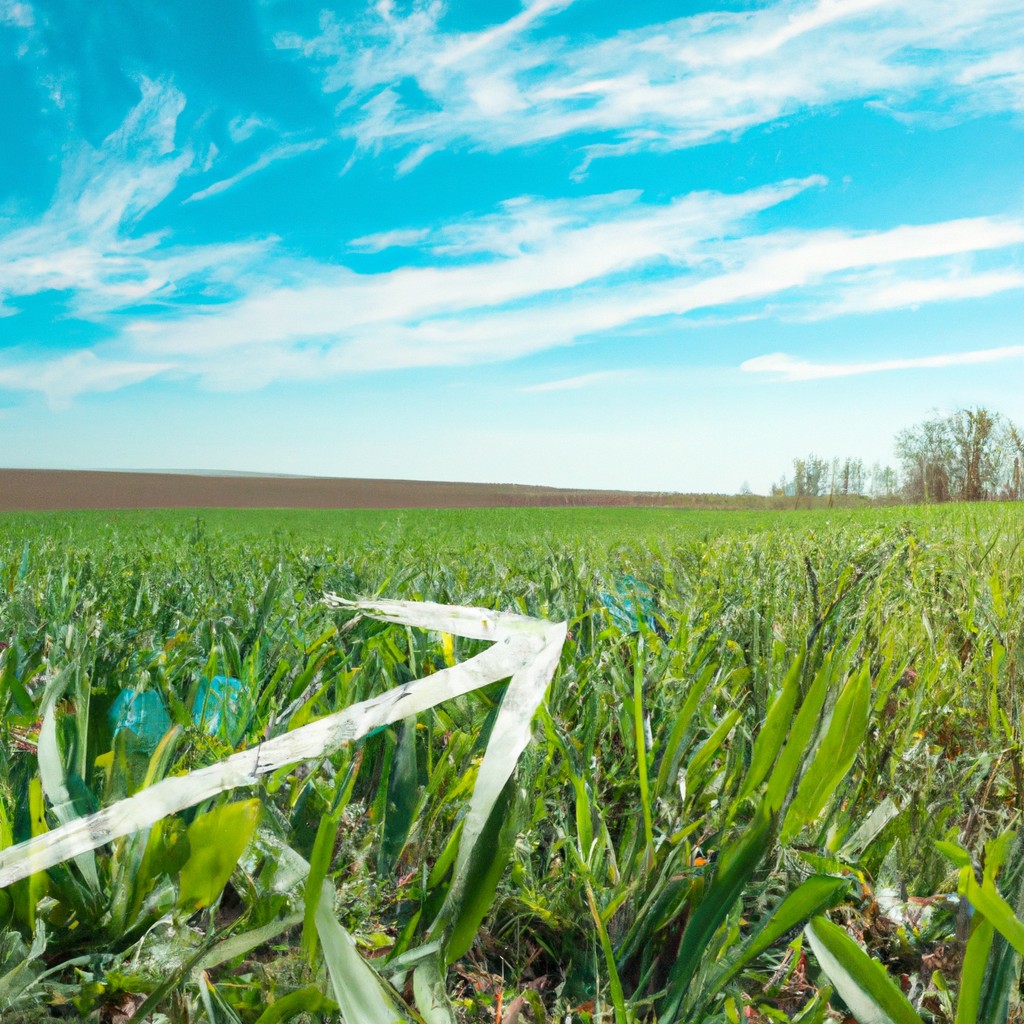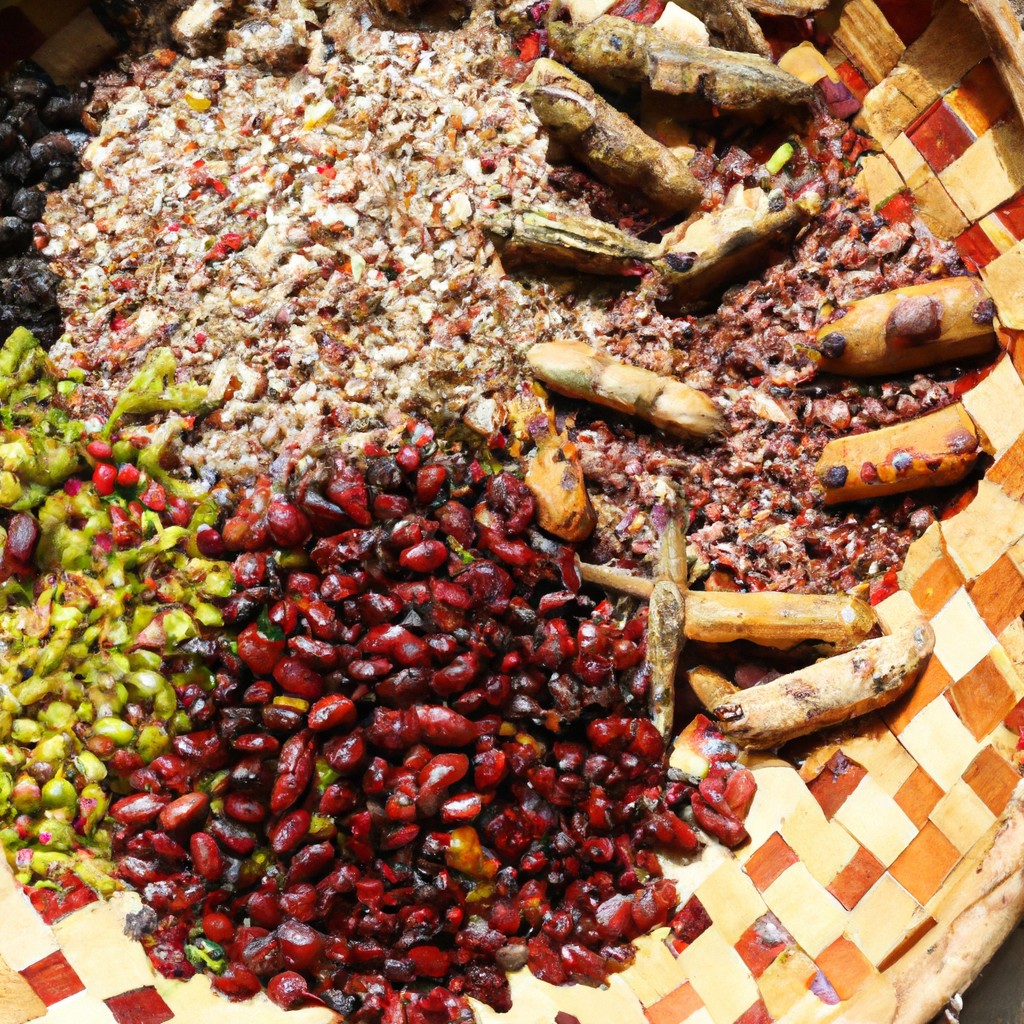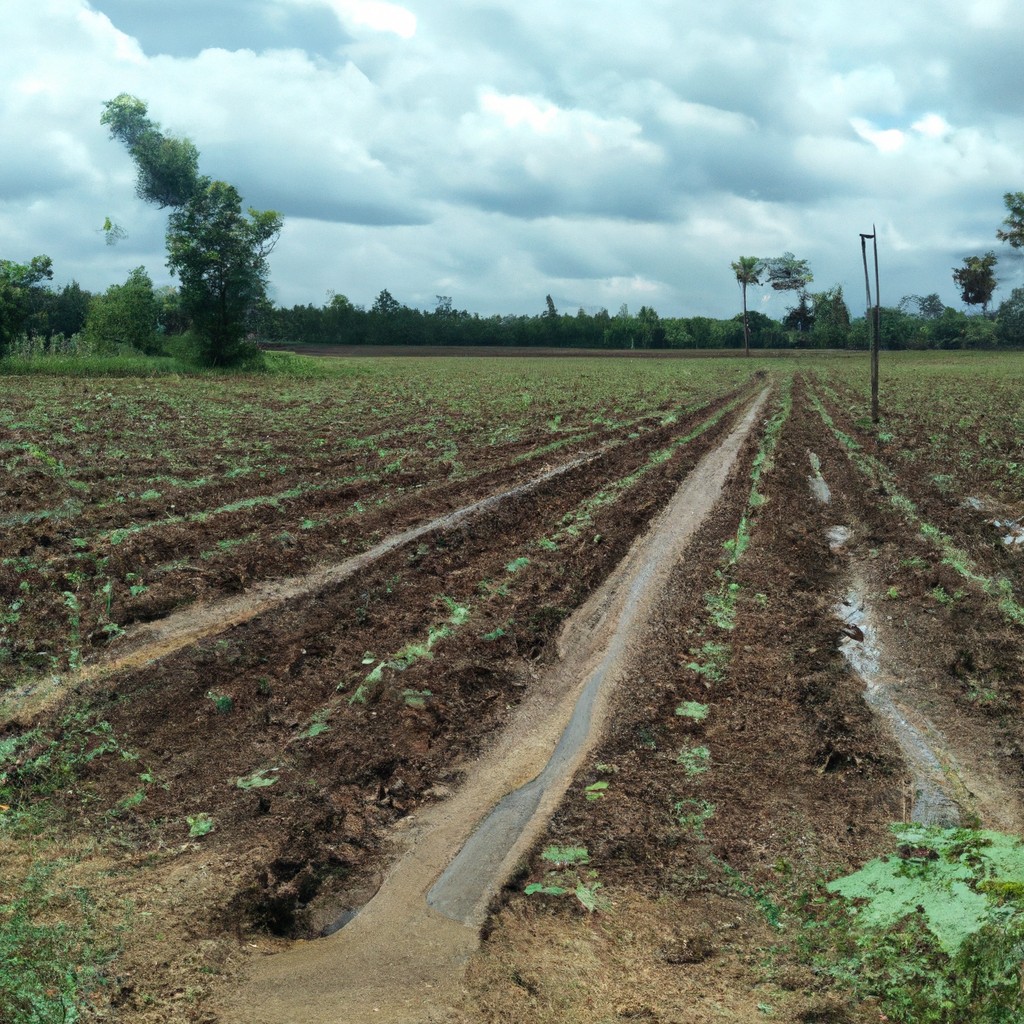Discover what a Master’s in Agriculture can offer you, including a range of specializations and career opportunities in sustainable and regenerative farming.
Look Inside:
Program Requirements

Pull on your thinking boots; this part goes beyond just turning soil! Expect to grapple with core courses covering soil science, plant biology, and agribusiness. Yes, agribusiness—it’s like MS Excel but with more photosynthesis. Inclusion of electives allows for specialization, whether it’s grape growing or goat whispering. Research projects may have you connecting weather patterns with crop yields or wondering if cows prefer jazz or classical music. Finally, internships offer hands-on experience, because nothing screams “qualified” like being knee-deep in compost.
Degree Plan
Each master’s program in agriculture typically offers a unique path, like choosing between a croissant or a baguette at a Parisian café. Students can expect a mix of core courses and electives, with room to explore specific interests like sustainable farming, agri-tech innovations, or soil science.
Advisors become your academic GPS, helping navigate this journey with options such as setting the pace for part-time or full-time study. Internships may sneak their way in, offering hands-on experience akin to wrestling a sheep – thrilling and educational. The goal? To equip students with a robust toolkit for tackling agriculture’s biggest challenges, with enough room to roam freely within the vast fields of knowledge.
Credit Requirement
In the pursuit of an agriculture master’s degree, understanding the rule of credits is crucial. Think of it like collecting golden tokens in a farming video game—except these tokens are academic credits.
To start, most programs require a specific number of credits, usually around 30 to 45. They don’t just hand these out like candy; you earn them through coursework, and occasionally by sheer charm.
Core courses usually gobble up a chunk of these credits. They’re like the soil and sunlight of your academic harvest, essential and non-negotiable.
Electives boost your tally and let you dive into areas like permaculture or sustainable crop management. It’s where you can nerd out on your agricultural passion.
Lastly, a thesis or capstone project often demands a chunky credit investment. Think of it as your master’s piece de resistance—once complete, you’ll not only have credits, but quite the academic feather in your cap.
Transfer of Credit
Deciding to transfer credits can be like trading cows at a market—valuable if done right, but you don’t want to end up with a handful of magic beans. Here’s how it works in this academic pasture:
First, know your institution’s rules. Universities have their own quirky policies, as if they’re secret family recipes. Some allow transfer credits from other schools; others have strict prerequisites.
Check the course compatibility. Think of it as checking if your puzzle piece fits. If it’s a match in content and level, it’s likely to be accepted.
Approval is key. Got a favorite professor? Their signature can sometimes be the golden ticket. Most places require faculty approval to ensure the new credit walks and talks like their own classes.
Limited quantity applies. Don’t pack too much. Many programs cap the number of credits you can transfer. Pay attention to that limit to avoid overloading your academic cart.
Remember, this is all about ease and efficiency. With these steps, you’ll navigate the credit transfer landscape without needing a compass and a map. Adding to your degree shouldn’t feel like navigating a hedge maze full of math puzzles!
Final Examination
Ah, the final showdown! Like a marathon for the mind, this exam tests everything learned in your master’s program, minus the sunburn. It’s a rite of passage, ensuring only those with well-fertilized knowledge make the cut.
Here’s what it usually entails:
– Comprehensive Knowledge: Expect questions that cover everything from tractor technology to soil science. Think of it as the agriculture Olympics. You are going for gold.
– Real-world Application: It’s not just theory. You might solve problems as if you were a farmer tasked with rescuing a tomato crop from an impending aphid invasion.
– Committee Grilling: A panel of professors, the ‘final boss’ of academia, will assess your abilities. Channels your inner farmer deflecting a flock of geese from the pond.
– Presentation Skills: You might present a project that showcases the ingenious solutions you’ve dreamt up at 2 a.m. Make your points as persuasive as convincing a chicken to roost.
Remember, this exam is not just a hurdle; it’s a chance to demonstrate growth and achievement. So, sharpen those pencils and embrace the challenge with enthusiasm!




